Meld je aan en krijg 15% korting
Meld u aan om updates over onze nieuwe producten en promoties te ontvangen en krijg een kortingscode van 15%
Meld je aan en krijg 15% korting
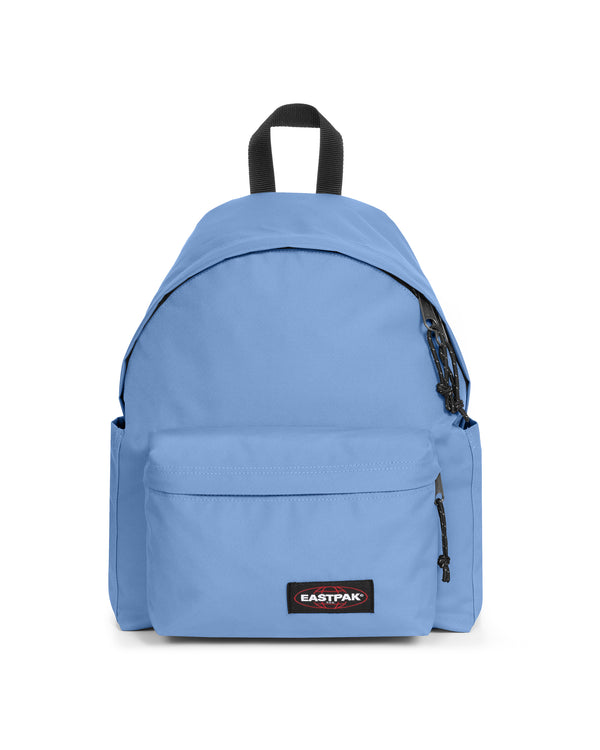
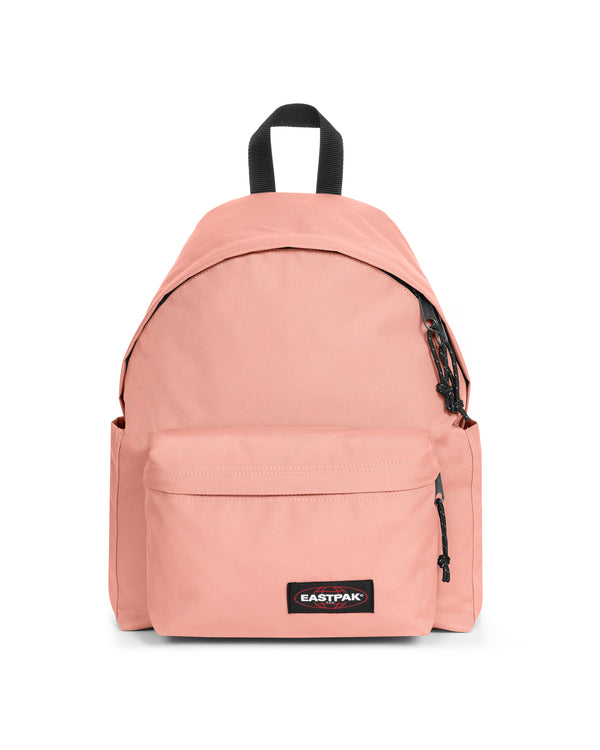
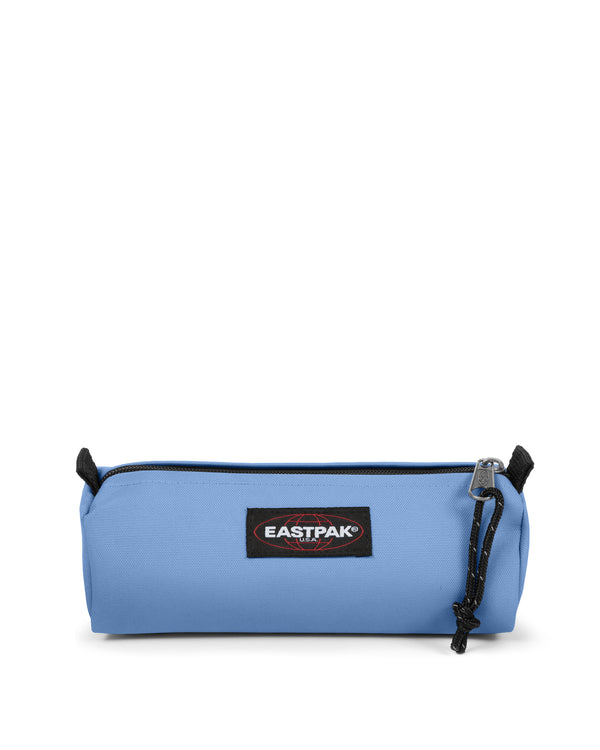
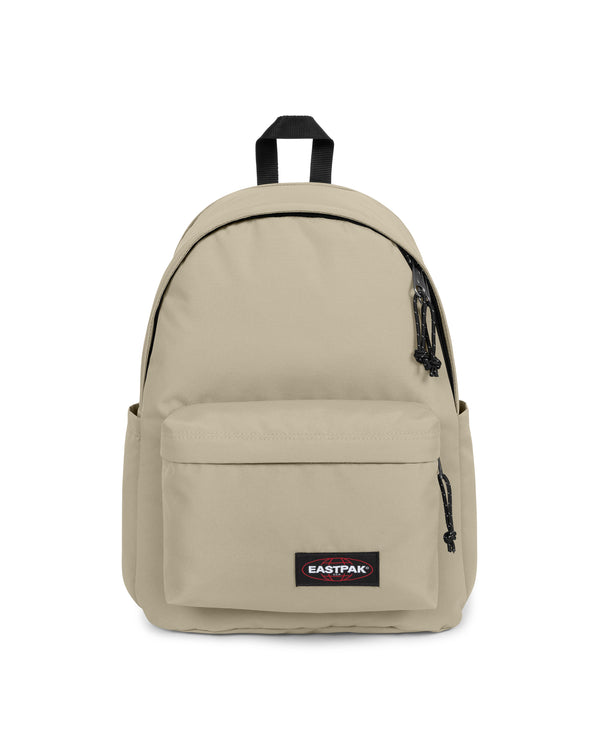
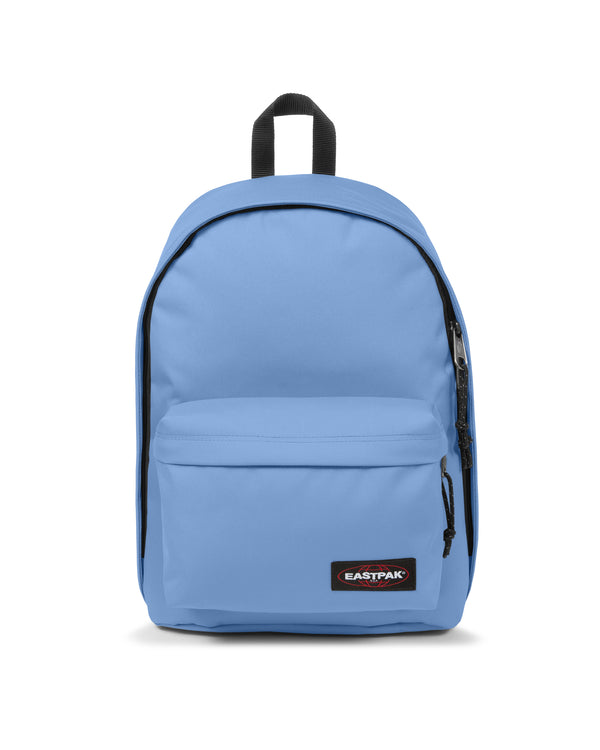
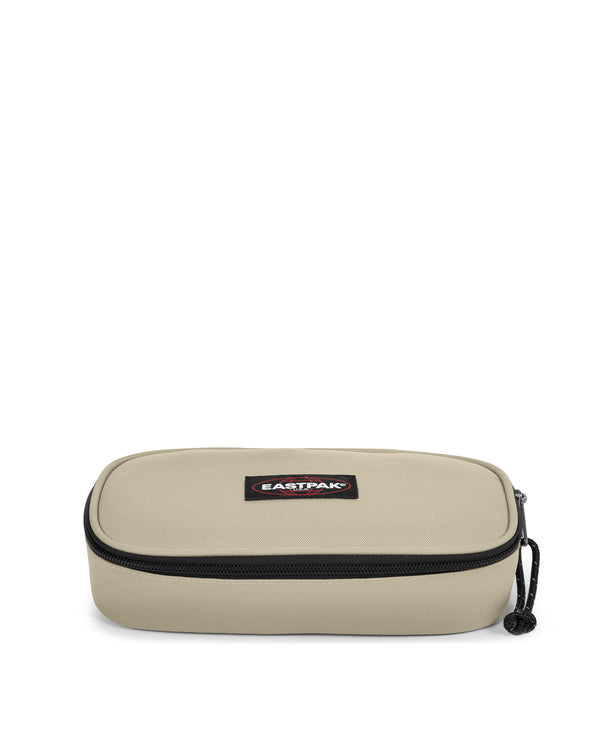
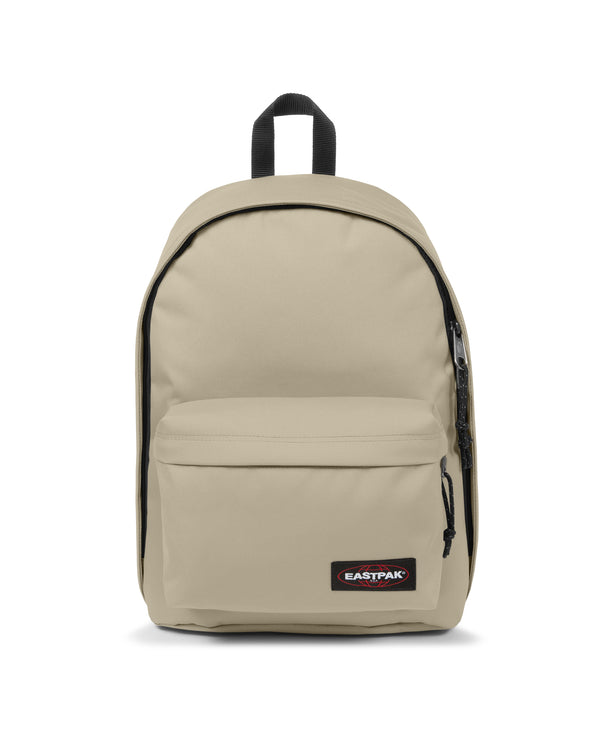
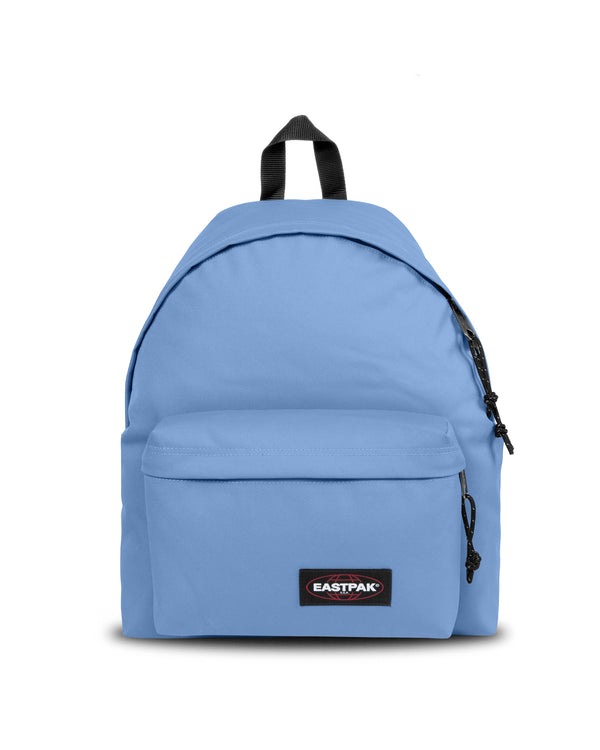
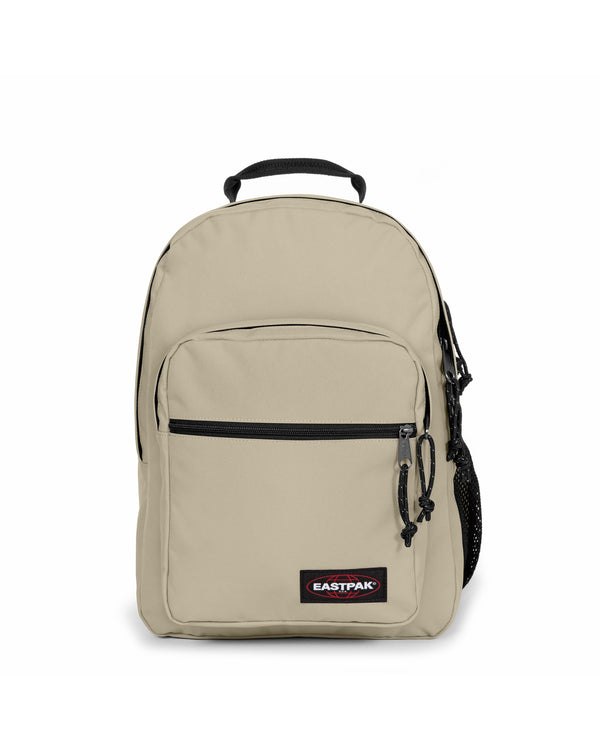
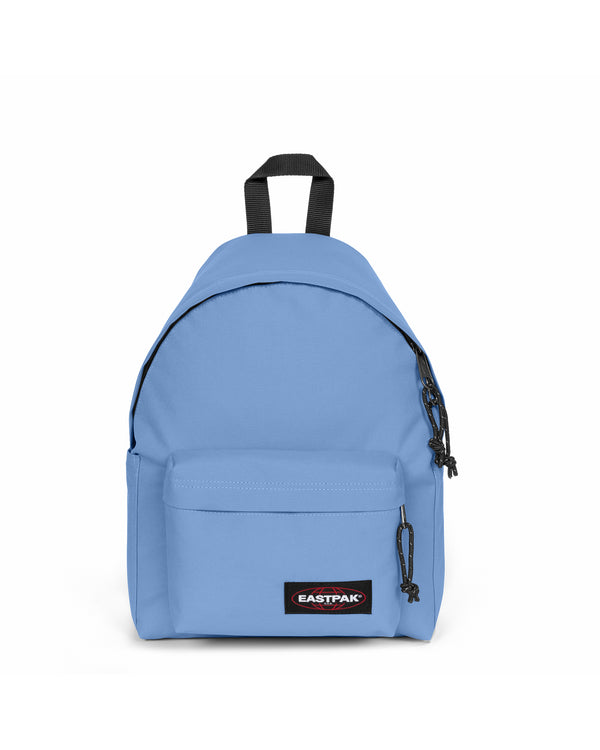
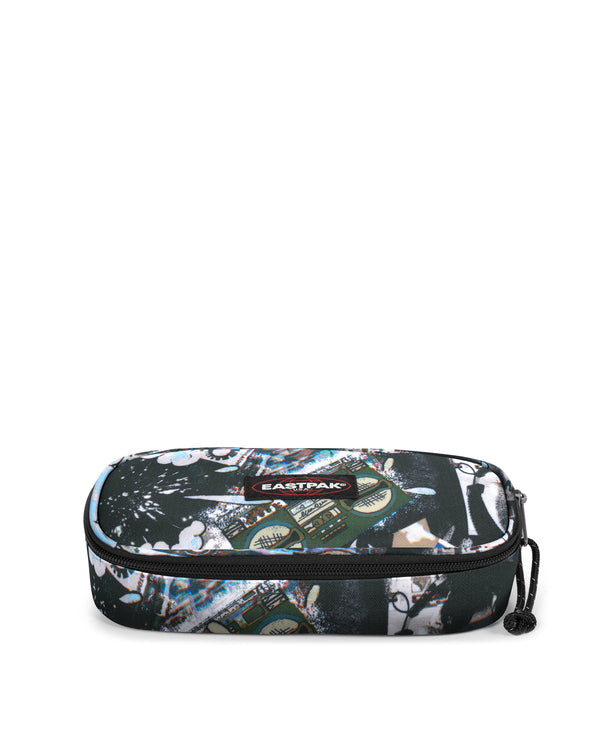
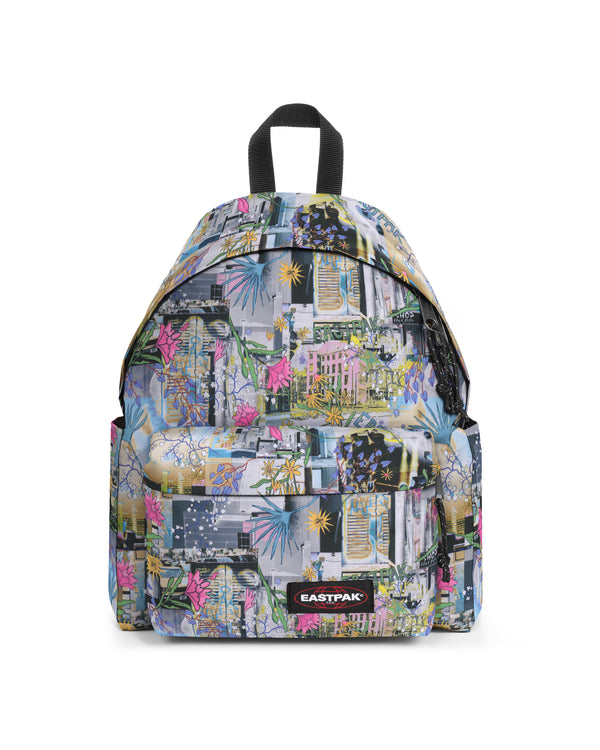
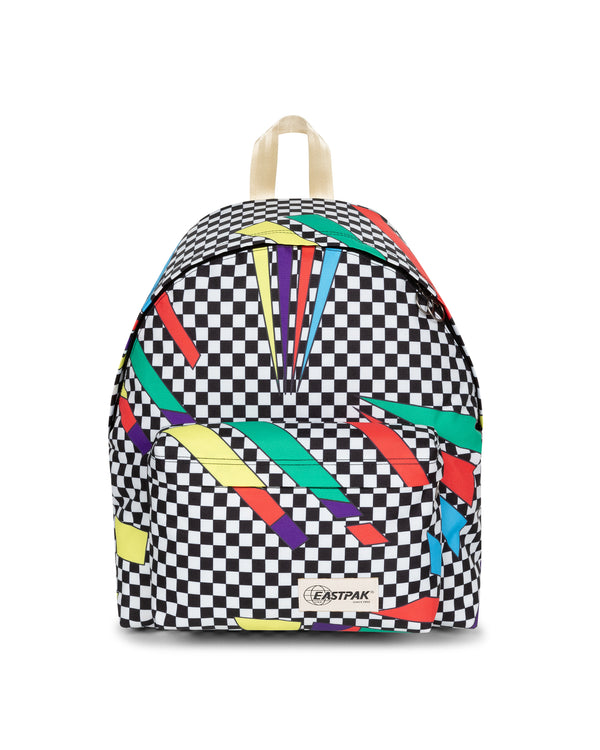
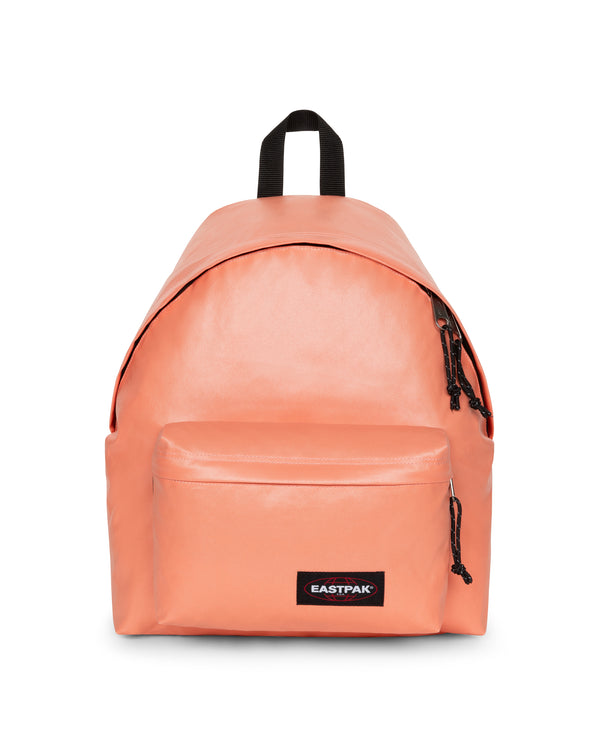
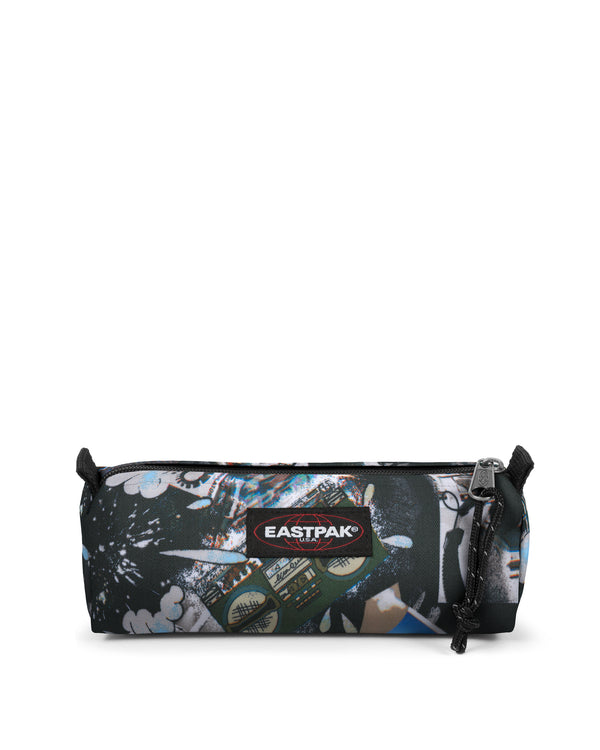
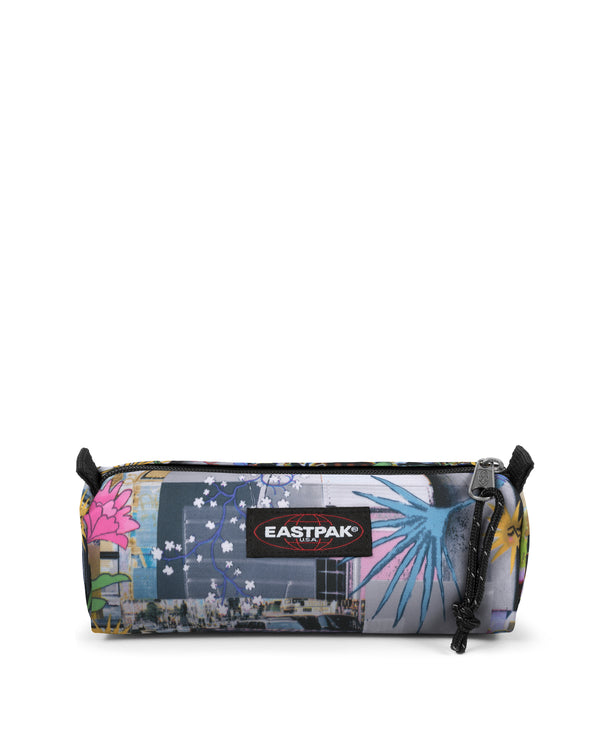

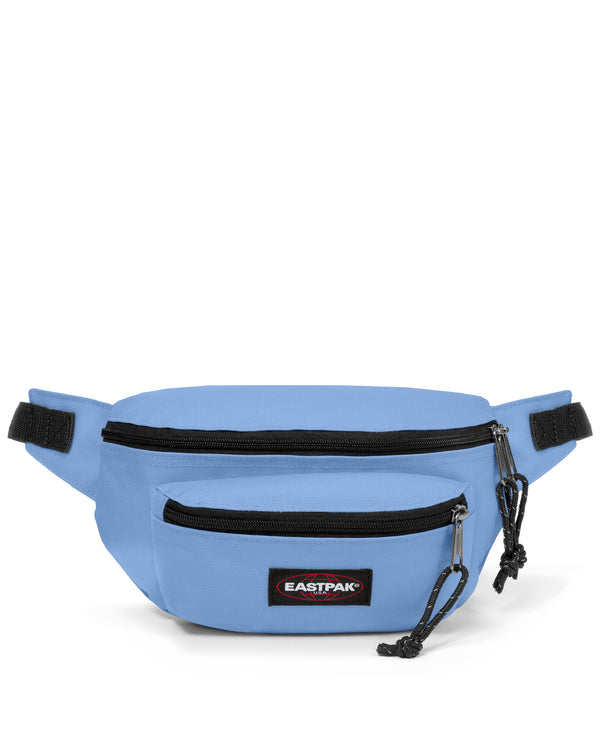
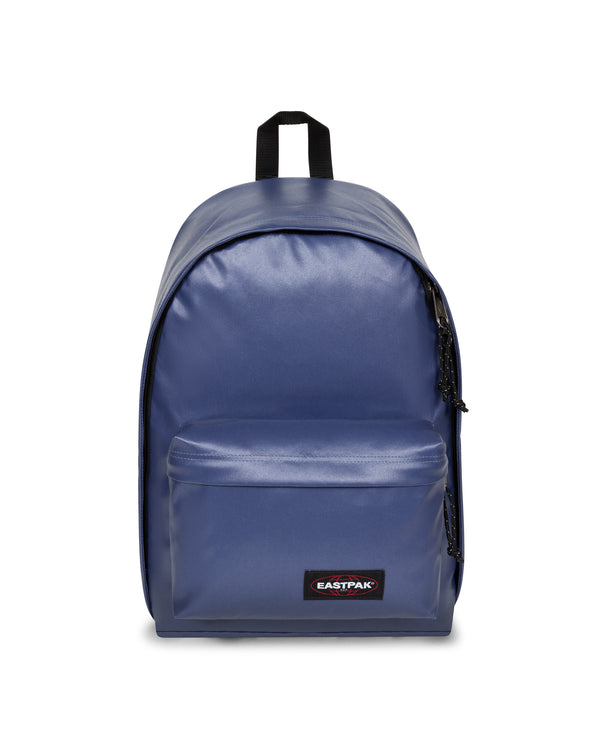
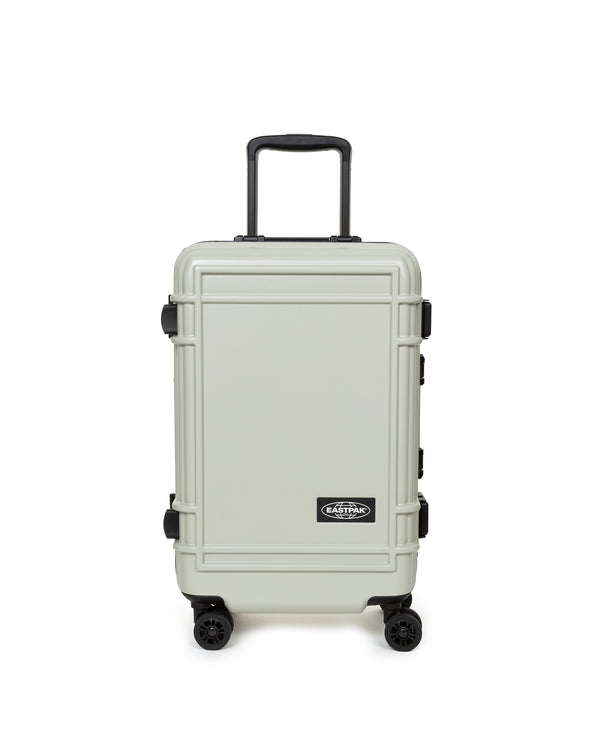
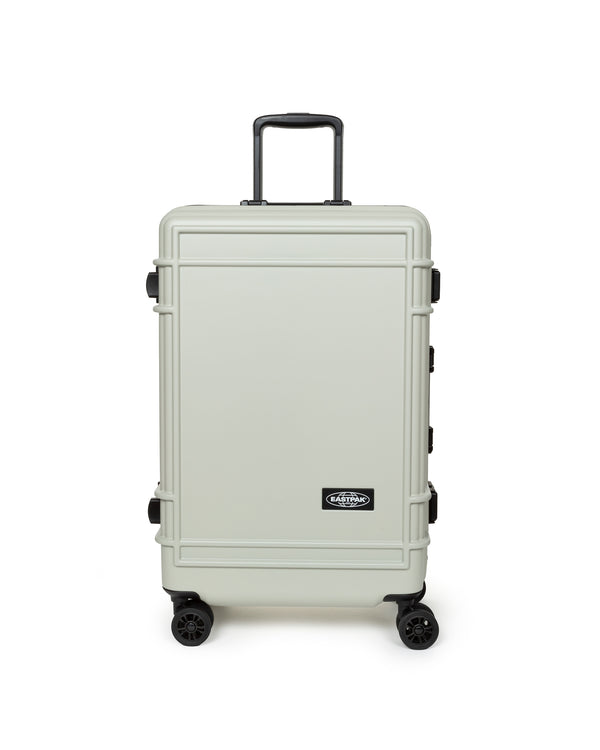
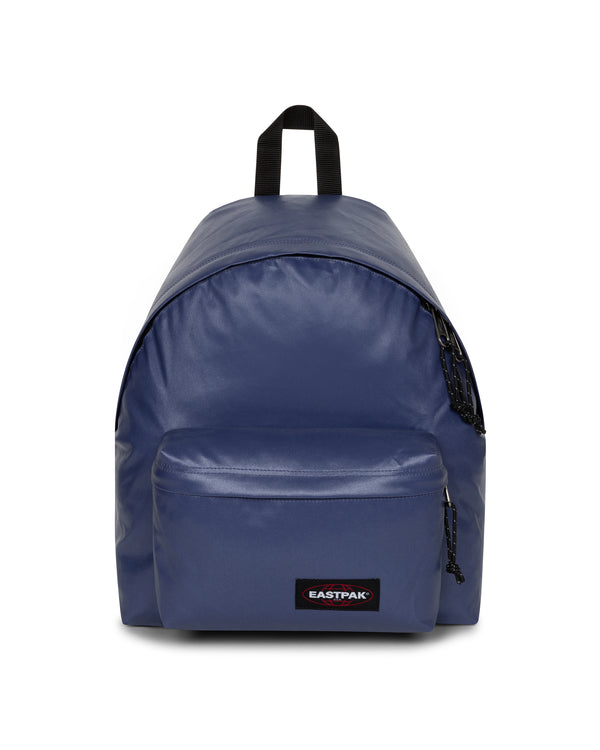
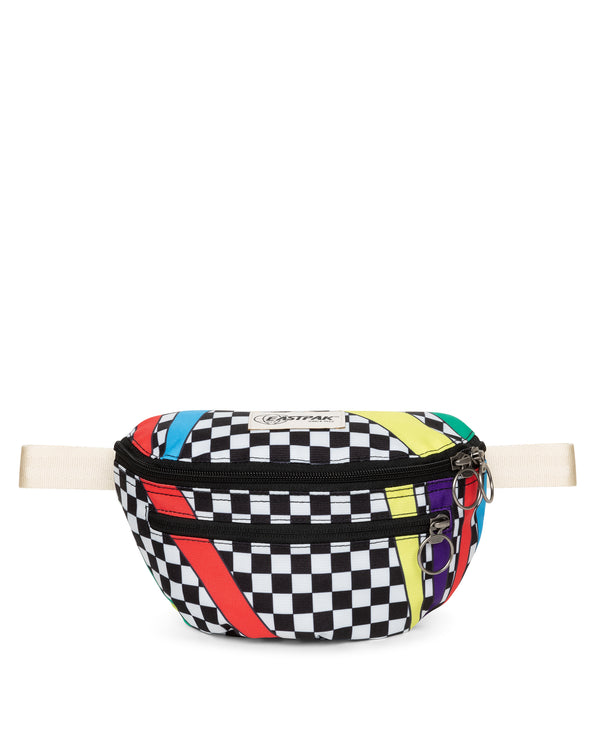
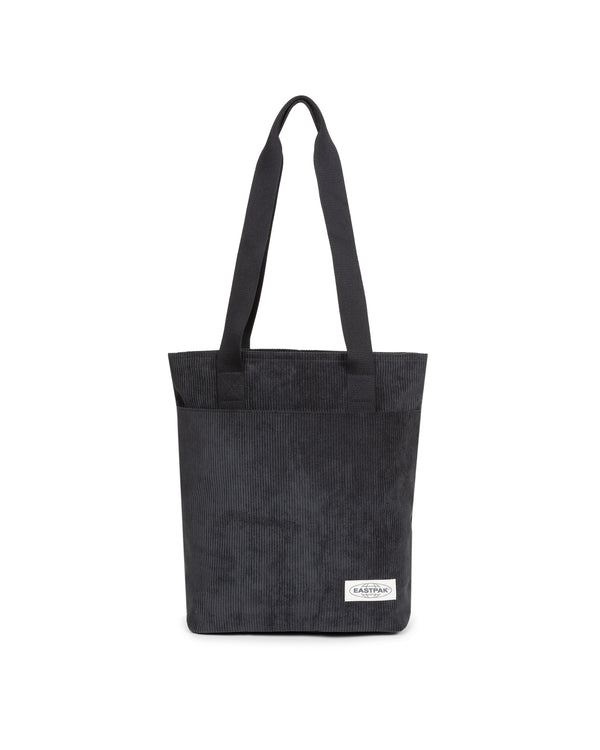
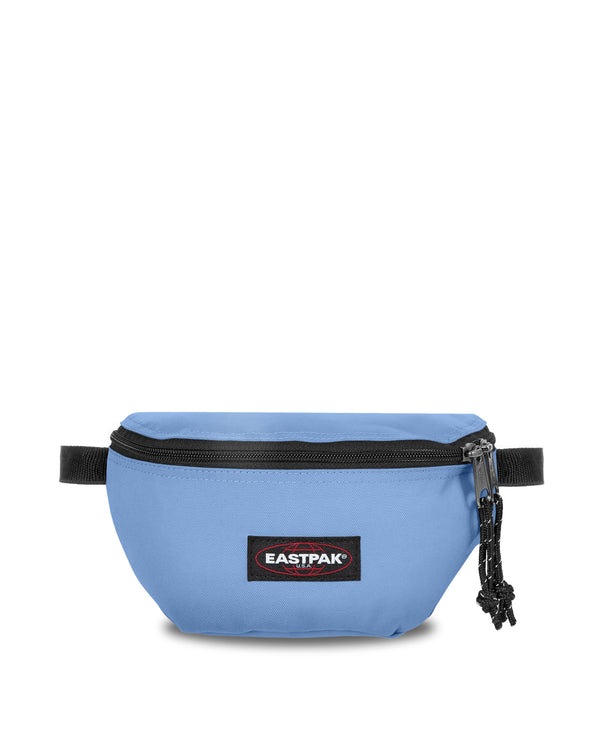
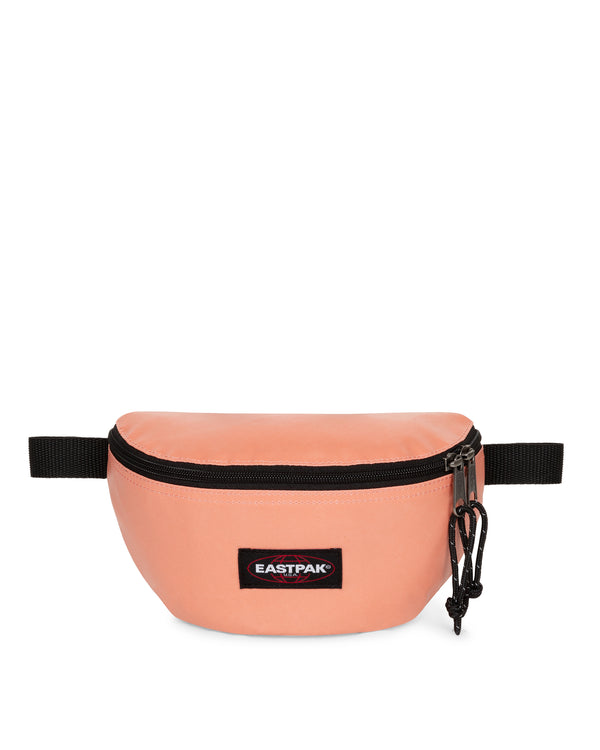
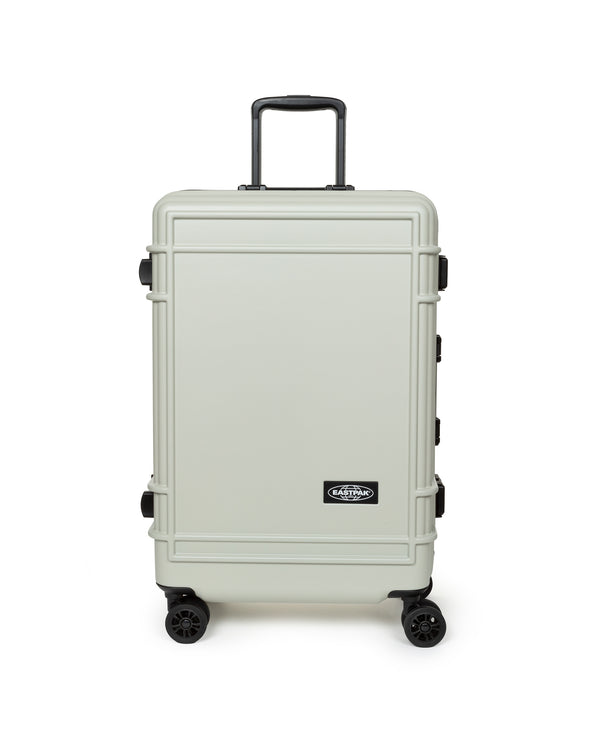

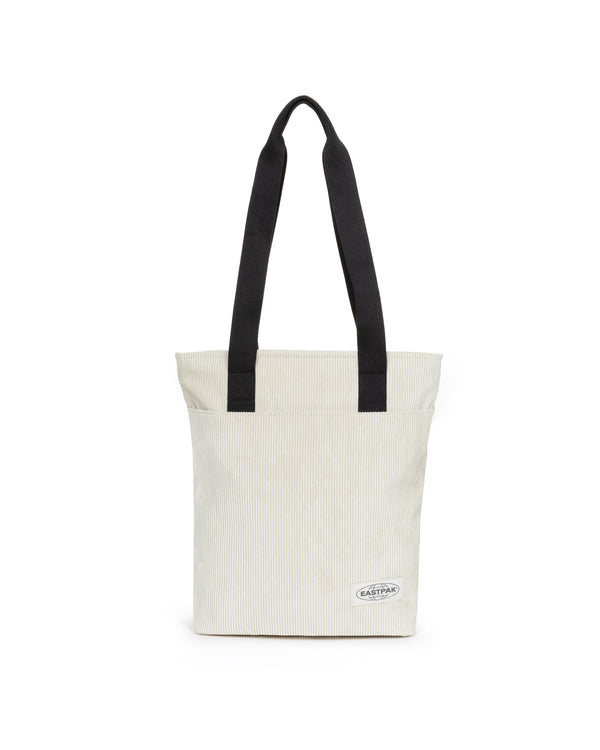
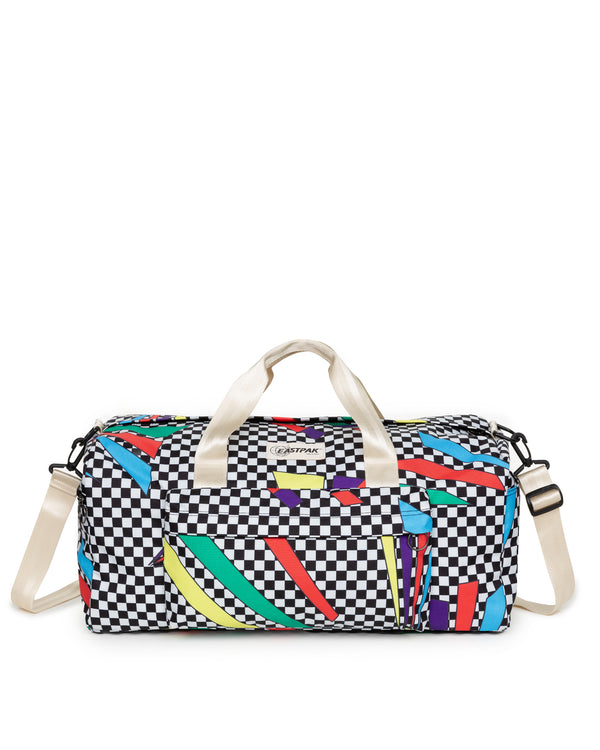

Through Carry Your Roots, Omek and Eastpak honor the ways individuals weave their cultural heritage into everyday life—allowing their roots to shape their experiences, perspectives, and creative expression. It’s about embracing authenticity, building connections, and taking pride in the journey of navigating between cultures. As part of this celebration, Kemo Camara, founder of Omek, shares his personal journey of multiple cultural influence and how it inspired the creation of Omek.
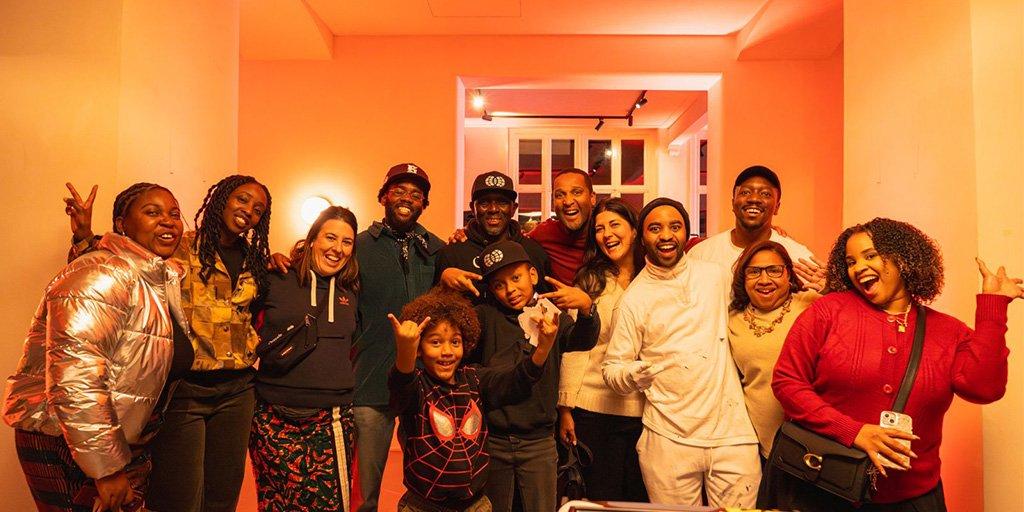
Kemo’s story begins in Conakry, Guinea, in a compound that was always bustling with activity. At any given time, forty to fifty people lived there—his parents, eight siblings, aunts, uncles, cousins, and friends of friends who felt like family. The compound wasn’t just a home; it was a system of collaboration. Everyone had a role to play. Some cooked, others maintained the property, while others contributed through teaching or entrepreneurial projects. His parents played a central role as they helped organize meetings, mediated conflicts, and led initiatives to build schools and health centers.
For Kemo, this sense of shared responsibility was natural. It shaped his understanding of what it meant to grow—individually and collectively. As he played with cousins in the courtyard or helped organize neighborhood parties, he learned that no one’s success happened in isolation. Growth was a community effort.
Kemo’s story begins in Conakry, Guinea, in a compound that was always bustling with activity. At any given time, forty to fifty people lived there—his parents, eight siblings, aunts, uncles, cousins, and friends of friends who felt like family. The compound wasn’t just a home; it was a system of collaboration. Everyone had a role to play. Some cooked, others maintained the property, while others contributed through teaching or entrepreneurial projects. His parents played a central role as they helped organize meetings, mediated conflicts, and led initiatives to build schools and health centers.
For Kemo, this sense of shared responsibility was natural. It shaped his understanding of what it meant to grow—individually and collectively. As he played with cousins in the courtyard or helped organize neighborhood parties, he learned that no one’s success happened in isolation. Growth was a community effort.
As Kemo grew up, he saw how decisions made far outside his world—by organizations like the World Bank—had the power to shape their daily lives. He wondered why those who understood the community best weren’t involved in those discussions and imagined himself one day sitting at that table, shaping decisions that could create real change.
When the time came for Kemo to leave Guinea, he saw it not as a departure but as a mission to gain the tools he needed to create change. His journey took him to the United States, where he studied business and worked for two Fortune 500 companies. There, he learned how to take complex problems and design practical, scalable solutions. In 2015, Kemo and his family moved to Germany, where he pursued a Master’s degree in Development Economics. He studied how nations achieve sustainable growth through innovative public and private partnerships.
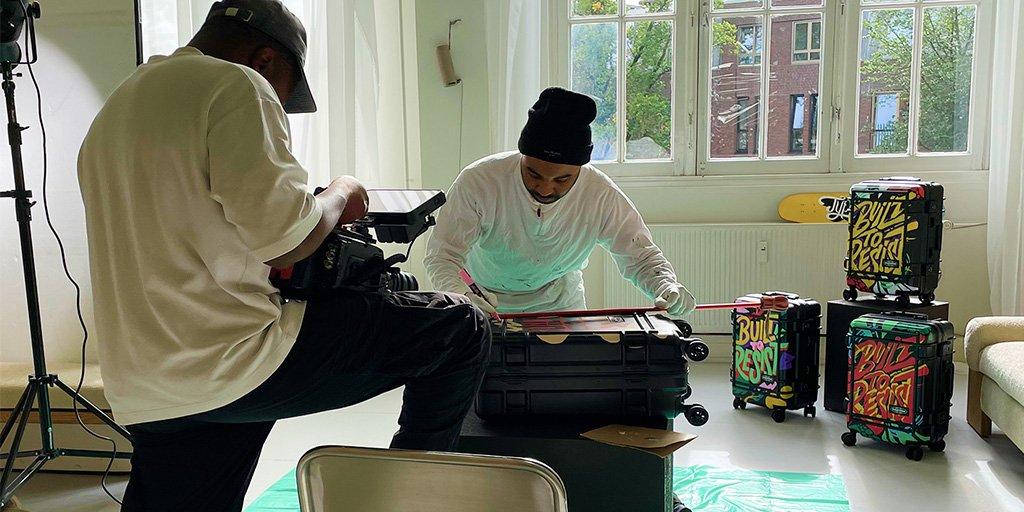
It was during this time that Kemo discovered something personal. Living between cultures—one shaped by the traditions of Guinea and the other by the environments of the U.S. and Germany—wasn’t always easy. He had to learn to adapt, balancing the collective values of the compound with the self-reliance expected in the corporate world. What first seemed like a challenge eventually became a source of strength. Being bicultural wasn’t a barrier—it was a bridge. His ability to see the world through multiple lenses allowed him to connect with people from different backgrounds, foster collaboration, and solve problems in creative ways. Kemo realized that this duality, this bicultural identity, was a superpower.
He wasn’t alone. As he conducted research for his thesis on the African diaspora, he interviewed over 200 biculturals who shared similar experiences. Many faced challenges around visibility and access to networks, but they also possessed immense potential, born from their ability to navigate different worlds. Kemo saw an opportunity: if they had the right support system, biculturals could become leaders of innovation and collaboration.
It was during this time that Kemo discovered something personal. Living between cultures—one shaped by the traditions of Guinea and the other by the environments of the U.S. and Germany—wasn’t always easy. He had to learn to adapt, balancing the collective values of the compound with the self-reliance expected in the corporate world. What first seemed like a challenge eventually became a source of strength. Being bicultural wasn’t a barrier—it was a bridge. His ability to see the world through multiple lenses allowed him to connect with people from different backgrounds, foster collaboration, and solve problems in creative ways. Kemo realized that this duality, this bicultural identity, was a superpower.
He wasn’t alone. As he conducted research for his thesis on the African diaspora, he interviewed over 200 biculturals who shared similar experiences. Many faced challenges around visibility and access to networks, but they also possessed immense potential, born from their ability to navigate different worlds. Kemo saw an opportunity: if they had the right support system, biculturals could become leaders of innovation and collaboration.
That’s when the idea for Omek was born. In 2019, Kemo founded Omek, a digital platform designed to unlock the potential of bicultural identity. Built on the same principles of community he experienced growing up, Omek is more than a professional network—it’s a home. It provides a space where members can connect, collaborate, and grow. Through community and career events, impact opportunities, and partnerships with global brands, Omek helps biculturals align their identities with their ambitions. It’s a place where being different isn’t seen as a disadvantage but as an advantage—a source of innovation and strength.
For Kemo, Omek is the realization of a vision rooted in his childhood in Guinea. He believes that when people connect with their identity and purpose, they can achieve far more than they could alone. His journey has come full circle, with a mission to help biculturals not just navigate the world—but shape it.




Je winkelwagen is leeg
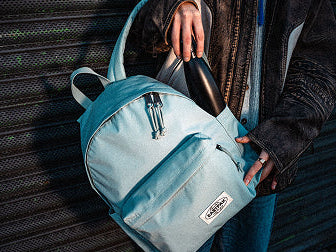
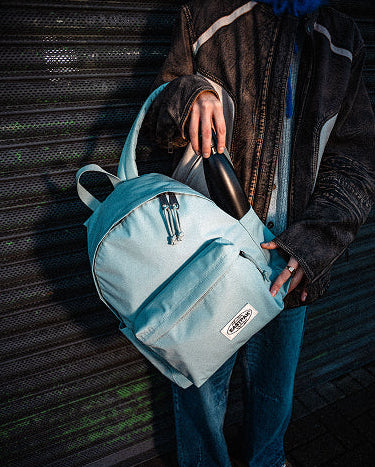
Meld u aan om updates over onze nieuwe producten en promoties te ontvangen en krijg een kortingscode van 15%
Gelukt! 🎉 Je hebt je succesvol aangemeld voor onze e-maillijst. Hou je inbox in de gaten voor exclusieve aanbiedingen, updates en meer!
Je ontvangt al de nieuwste aanbiedingen en updates.